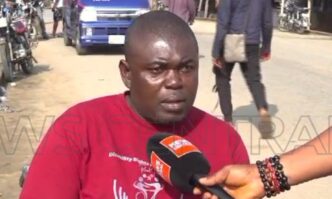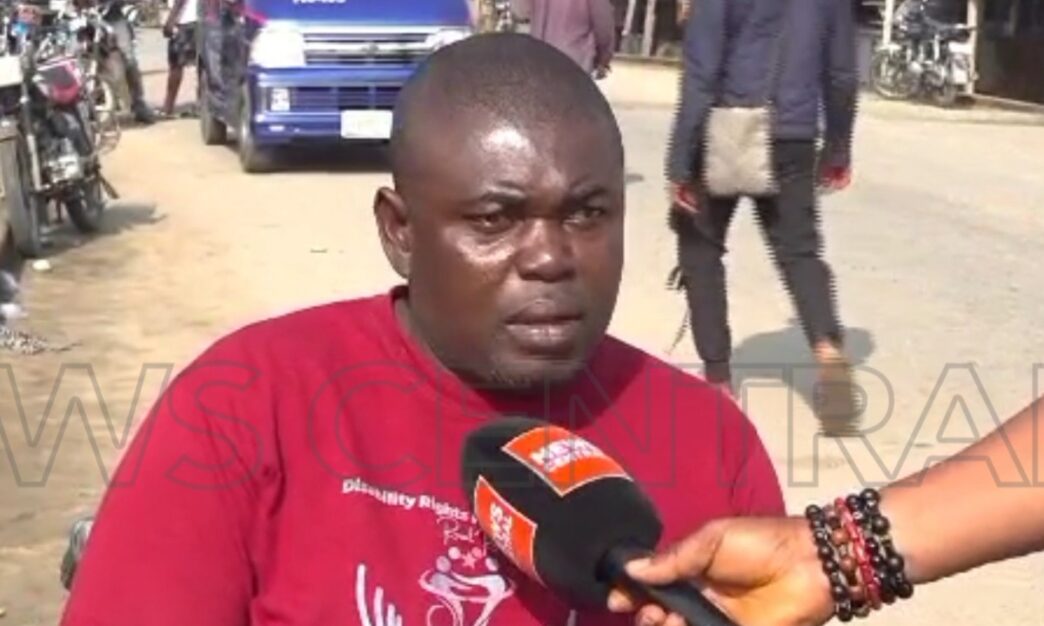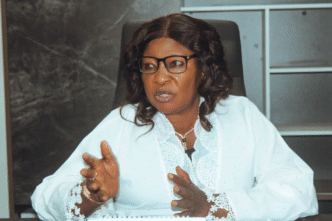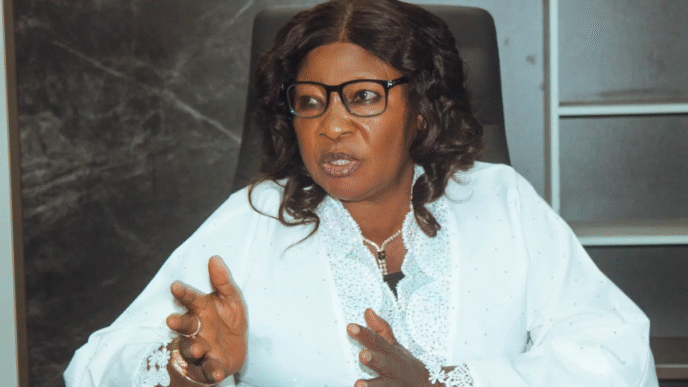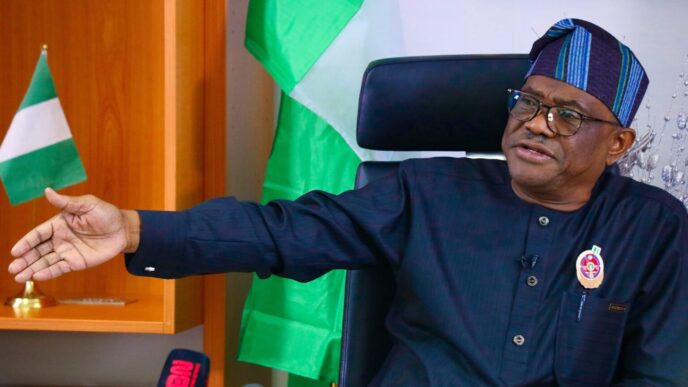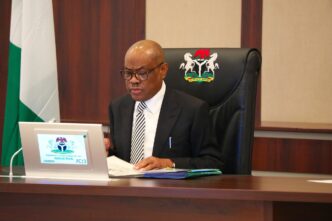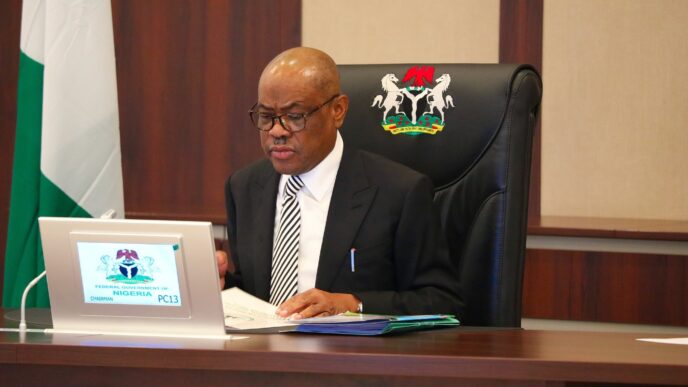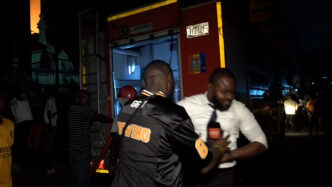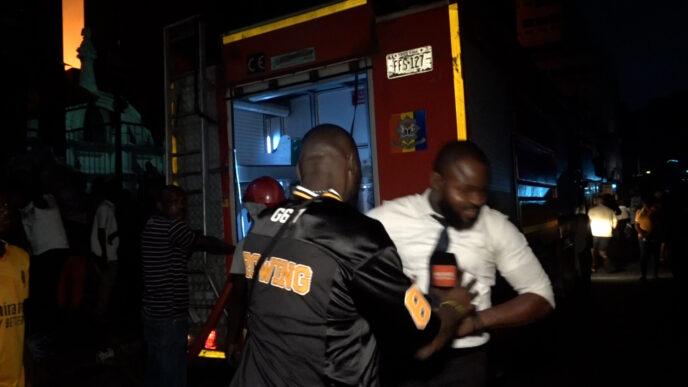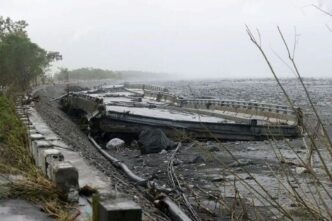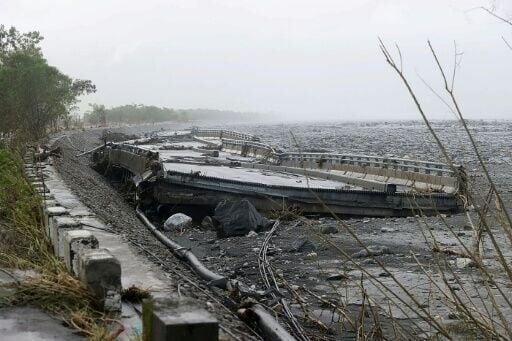A member of the Persons with Disabilities (PWD) community, Samuel Gbasiobor, has expressed profound disappointment and frustration after his name was reportedly missing from the list of trainees for the Rivers State Independent Electoral Commission (RSIEC).Â
The complaint by the PWD member highlights the challenges faced by PWDs in participating in the electoral process, despite their efforts.
Speaking at the local council elections, Gbasiobor, who had undergone training with the commission, stated that RSIEC informed him that his name had been sent from the headquarters. However, upon arrival at the polling unit, his name was not on the list.
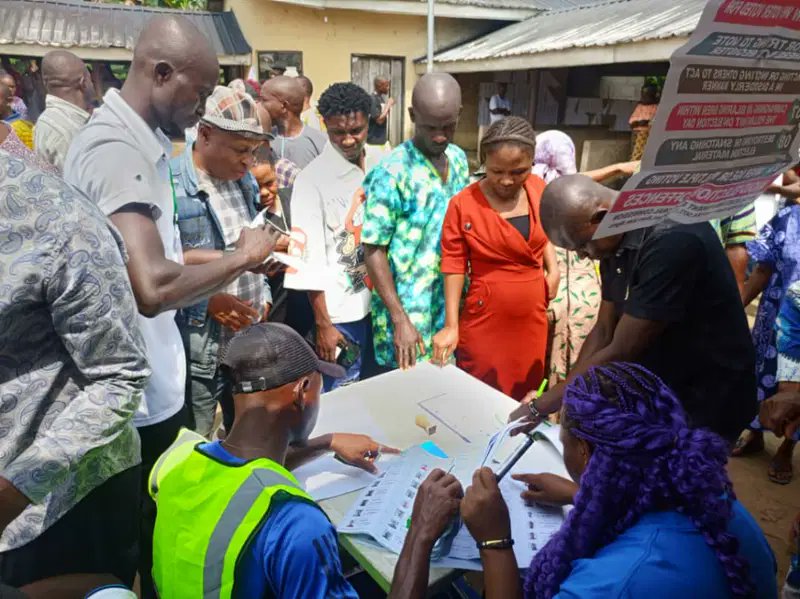
“I sent someone to search for my name, and he said my name is not on the list,” Gbasiobor lamented. “I am not happy because of how we are being treated as special people.”
Gbasiobor, the only PWD in his community who had attempted to work with the commission, felt neglected and abandoned.
“I cannot find my name; I cannot work with them; they just neglected me,” he said, revealing a deep sense of betrayal.
His experience underscores the significant gap between policies aimed at inclusion and the practical realities on the ground, where individuals with disabilities still face systemic barriers to equal participation.
Research indicate that people with disabilities are “much less likely to vote than other citizens”. In many African countries, there are “many and multiple barriers”. These include inaccessible polling stations, information not available in sign language or Braille and social exclusion.
Meanwhile, the United Nations’ Convention on the Rights of Persons with Disabilities (UNCRPD) enshrines the rights of people with disabilities to vote and stand as candidates in elections.
In order to improve inclusiveness, the electoral body and stakeholders are expected to engage early for equal access, inclusive party platforms, election observers, inclusive post-election information


 Trending
Trending 
